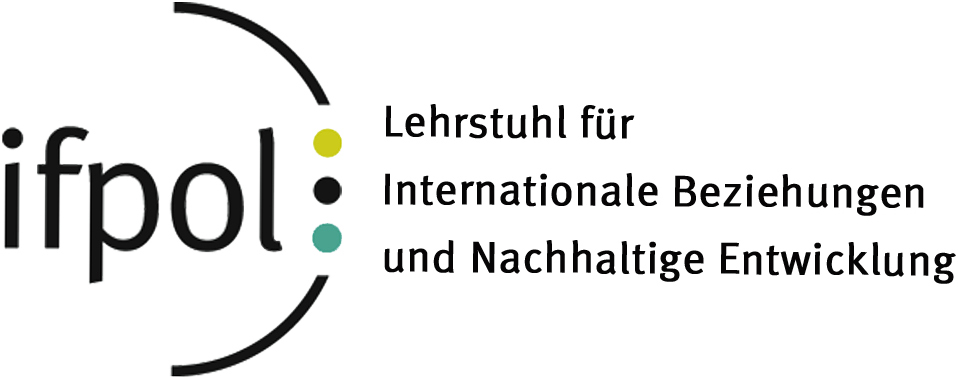

March Muenster Meetings
Annually, a small group of internationally renowned sustainable consumption scholars gathers in Muenster for the March Muenster Meetings. In week long workshops, they explore a selected aspect of sustainable consumption research and action in depth.
Recent M3s have been focusing on the following topics...
2015: Sustainable Consumption and Equity/Justice and Partaking
The March Muenster Meeting 2015 explored the intersection between questions of sustainable consumption and questions of justice. It further developed the idea of sustainable consumption corridors (Blättel-Mink et al. 2013, Di Giulio & Fuchs 2014). Such corridors would be defined by minimum standards, allowing every individual to live a good life, and maximum standards for every individual’s use of resources guaranteeing access to sufficient resources (in terms of quantity and quality) for others, both in the present and in the future. Taking the need for a socio-ecological transformation as well as justice as a societal objective as starting points, the Meeting discussed how a “consuming lens” can further illuminate the corridor idea, how limits are associated with power and autonomy, and what the politics of corridors could look like. The Meeting’s results will be published in form of a monograph.
Location and Contact:
Center for Interdisciplinary Sustainability Research, University of Muenster, Chair for International Relations and Sustainable Development (sustainability@uni-muenster.de)
References:
- Blättel-Mink, B.; B. Brohmann; R. Defila; A. Di Giulio; D. Fischer; D. Fuchs; S. Gölz; K. Götz; A. Homburg; R. Kaufmann-Hayoz; E. Matthies; G. Michelsen; M. Schäfer; K. Tews; S. Wassermann; S. Zundel. 2013. Konsum-Botschaften. Was Forschende für die gesellschaftliche Gestaltung nachhaltigen Konsums empfehlen. Stuttgart: S. Hirzel Verlag.
- Di Giulio, Antonietta; Doris Fuchs. 2014. „Sustainable Consumption Corridors: Concept, Objections, and Responses”. GAIA 23/S1: 184-192.
2014: Power
The March Muenster Meeting 2014 focussed on the value of a power lens on consumption and absolute reductions. Specifically, the participating scholars explored what they perceive to be a troublesome pattern of neglect of questions of power in research and action on sustainable consumption and absolute reductions. In pursuit of these objectives, they delineated how many of the informal and implicit ”theories of social change” of scholars and activists in sustainable consumption and sustainable development fail to address power in a sufficiently explicit, comprehensive and differentiated manner and how that failure translates into insufficient understandings of the drivers of consumption and the potential for and barriers to absolute reductions. Second, they developed the contours of a power lens on sustainable consumption. Third, they illustrated the value of such a power lens, with a particular focus on the case of meat consumption. The results of the meeting have been published in form of a peer reviewed article in the Journal of Cleaner Production.
Location and Contact:
University of Muenster, Institute of Political Science, Chair for International Relations and Sustainable Development (sustainability@uni-muenster.de)
References:
- Fuchs, Doris; Antonietta Di Giulio; Katharina Glaab; Sylvia Lorek; Michael Maniates; Tom Princen. 2015. "Power: The Missing Element in Sustainable Consumption and Absolute Reductions Research and Action". Journal of Cleaner Production. http://dx.doi.org/10.1016/j.jclepro.2015.02.00
2013: The Search for the Good Life- Taking the Sustainable Consumption Lens Seriously
Date: 21st-22nd March 2013
The question of the good life is increasingly moving back into the focus of political and scientific debate. While pointing towards a millennia old human quest, the recent linking of the good life to the pursuit of sustainable development has reinvigorated the debate. While the discussion of determinants and indicators of the good life is interesting and worthwhile, the actual creation of sustainable societies on the basis of a common understanding of the good life, or more likely multiple understandings under a broad set of principles, is more than challenging. The relationship between much of what is called sustainable development in current political, economic and societal discourse and the good life may be considered debatable. Sustainable consumption research has shown that we will have to discuss the weaknesses of the current politico-economic structures and institutions and inquire into the potential of alternatives, if we are serious about pursuing sustainable consumption. Modifications and alternatives need to be developed and discussed. At the same time, we should not forget that what constitutes a good life needs to be a function of societal debate and deliberation.
The Sustainable Governance and SCORAI -Europe workshop, organized by Doris Fuchs, Frances Fahy (University of Ireland Galway), Antonietta Di Giulio (University of Bern), Sylvia Lorek (Sustainable Europe Research Institute, Germany) and Martin Schweighofer (Austrian Institute of Ecology), aims to provide a forum for in depth discussions on the good life in the context of sustainable consumption.
For further information, please visit the workshop’s blog.
Location and contact:
University of Muenster, Institute of Political Science, Chair for International Relations and Sustainable Development (sustainability@uni-muenster.de)

